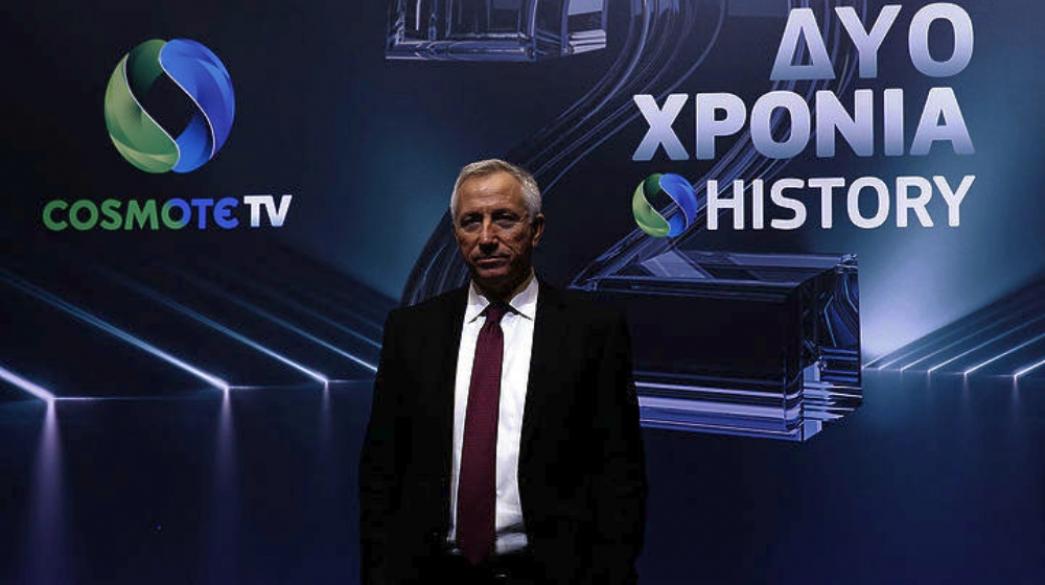The development plan for the Hellenic Telecommunications Organization (OTE) in the decade ahead is still being worked on, Group Chairman and CEO Michael Tsamaz said in a personal message to staff, adding that they had nothing to fear about the future of their jobs.
Among changes the top management is considering is the option of spinning off services associated with customers - such as technical assistance, call center staffing, and stores - into fully-owned subsidiaries of OTE, which would improve customer relations and allow leaner operational costs and greater flexibility for the central services, he said.
In the message, coming after a three-week strike during the busy holiday season, Tsamaz spoke of the company's achievements during his nearly-ten-year tenure, which include 4.7 billion euros in investments during the Greek economic crisis, a drastic reduction in borrowing by 80 percent and the rationalization of costs in a socially responsible way, with voluntary departure packages costing OTE Group nearly 1 billion euros, entirely funded by the group's profits.
OTE is a leading technology company in Greece and an inseparable part of the social and productive network of the country, he said, fiscally healthy and effectively responsive to customers, society, staff and investors. «During the crisis we assumed bold decisions and changed almost everything in the Group», he said, adding the need to continue changing as a prerequisite of survival and development, staying ahead during global challenges. The rate of technological advances as well obliged the company to «become more flexible, reduce costs and create new sources of revenues for the Group» he added.
Under the changes staff members would acquire greater autonomy, flexibility and effectiveness, and be offered opportunities for personal advancement and salary improvement. He also said new positions would be opened.
Wrapping up his message, he criticized the OTE staff union (OME-OTE) for its stance, particularly for not condemning the attack on his house. The administration, he said, always sought to keep talking with staff representatives but would not allow a return to a civil servant mentality, but remain a modern private technology company.


